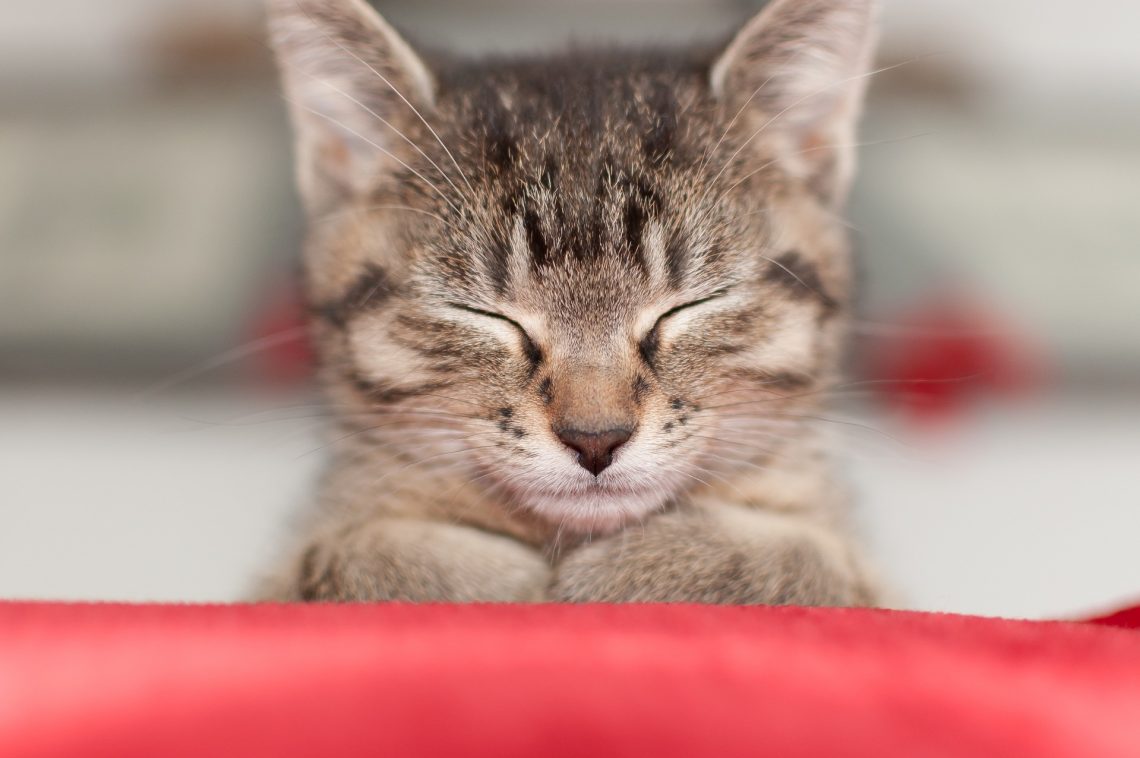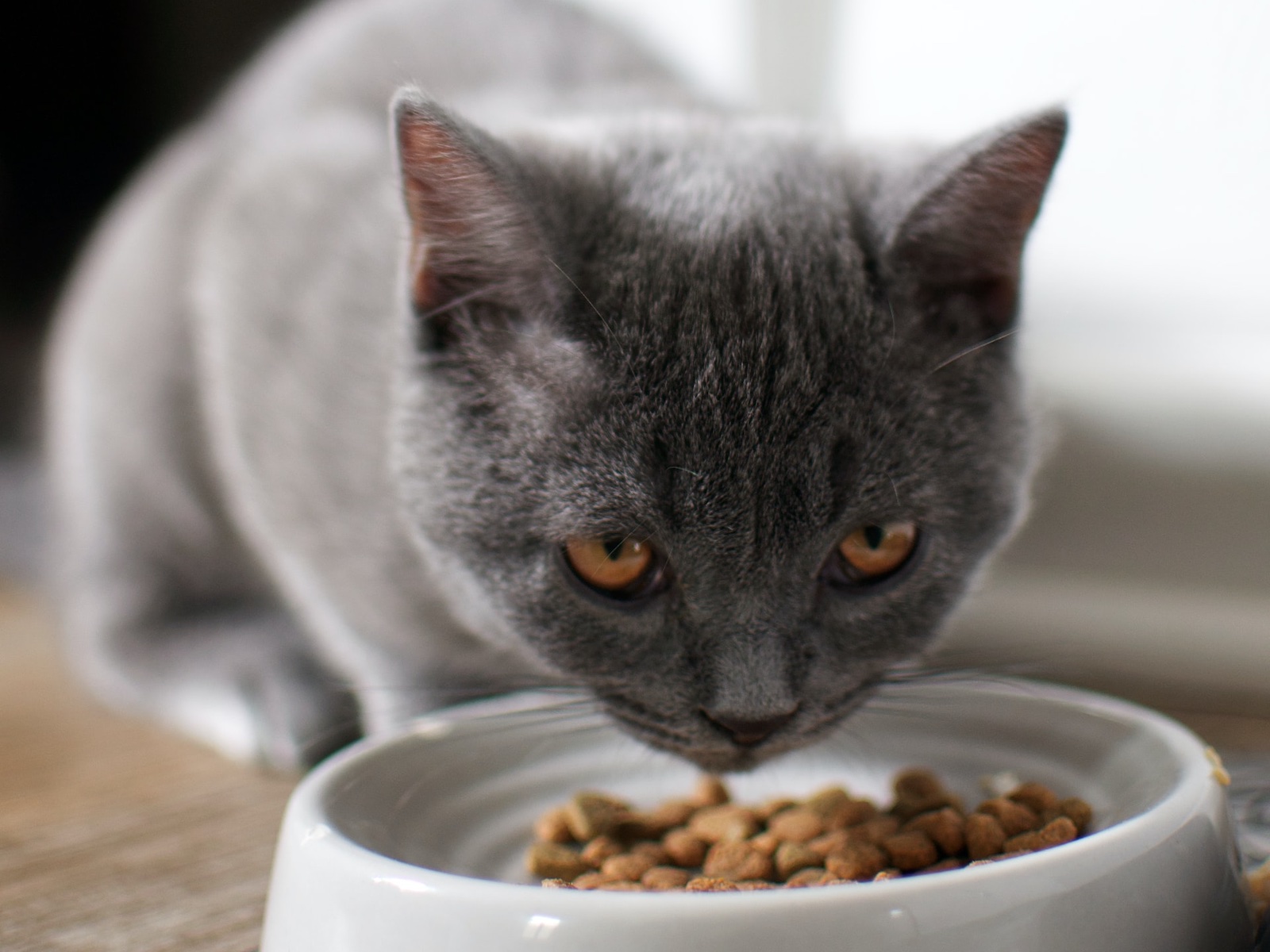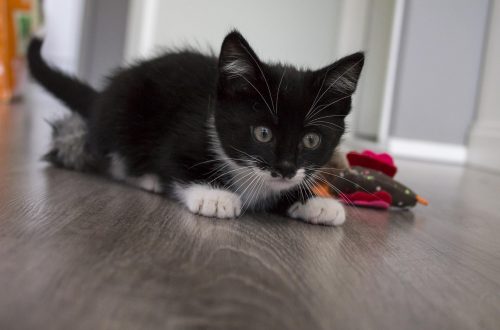
Tips for Raising a Happy and Healthy Kitten
Getting a new kitten is one of the best things in the world. They’re cute, soft, and cuddly. They are irresistible and melt even the toughest of hearts. It’s best to start things off on the right track to a long and happy life with your new feline companion. Here are some starter tips for you and your new, cuddly furbaby.
Diet
Continue feeding your kitten its “normal” diet, but slowly introduce a high quality kitten food into the mix. After your little furbaby has adjusted, feed the high quality food exclusively.
Feed your kitten at least three to four times a day from a shallow plate; glass or ceramic is best to allow for easy cleaning. Remember, kittens are tiny and so they need easy access to their food. You should offer kibble as well as some canned food to help your kitten adjust to different food textures and flavors. This can help down the line as your feline friend gets older and may need to be fed a diet that is exclusively canned or dry, based on their medical needs.
Ideally, you should offer your kitten his food in meals. That being said, it’s alright for some kibble to stay in your kitten’s dish to graze on throughout the day. However, do not overfill your kitten’s food bowl and allow it to stand empty for a few hours throughout the day. This can help you curb obesity later in your cat’s life, a common health problem for our American house cats.
Always have fresh water available and check it throughout the day for cleanliness. Keep in mind that water is enough and your kitten does not need to drink other liquids. Kittens, in general, are not used to drinking milk and it can cause gastrointestinal upset leading to similar symptoms seen in people who are lactose intolerant.
Environment
When you first bring your kitten home, it’s a good idea to keep your kitten in the same room with the litter box for a few days so that it may get used to it. Kittens don’t need much in the way of training. Often, just knowing where the box is is enough of an incentive to use it; cats naturally prefer to bury their waste.
Keep a close eye on your kitten. They’re small, curious, and can get into trouble. It is all too easy for a small animal to get caught between furniture and appliances, fall into a toilet, or be stepped on. Until it learns self safety, you will be your kitten’s best line of defense.
Medical care
Take your kitten to your veterinarian so she can examine him and make sure that he’s in good health. Your veterinarian should check for fleas or intestinal parasites. A kitten also needs to be tested for the feline leukemia virus (FeLV) and the feline immunodeficiency virus (FIV) to make sure he’s free of these diseases. He also needs to start immunizations and parasite preventatives appropriate for your area of the country.
Once your furbaby is 5 to 6 months old, getting your kitten spayed or neutered makes for a healthier and happier cat, and thus a happier you. Spayed cats don’t go into heat or get pregnant. If done when your cat is young, the ovariohysterectomy surgery helps minimize the risk of your cat developing breast cancer in the future. Likewise, neutered cats benefit by becoming less likely to get into fights, limiting their exposure to disease and injury. They also become much less likely to spray urine which makes them much better house companions.
Playtime and exercise
I can’t emphasize this enough, play with your kitten! A piece of string, crumpled paper, or a toy from the pet store — almost anything can be a toy. Kittens (and cats) love to play. The bond you begin now, through play and unconditional love, will be unshakable for many years to come.
Love your kitten and treat it well. Soon, your kitten will grow into a beautiful, faithful, and loving cat.




